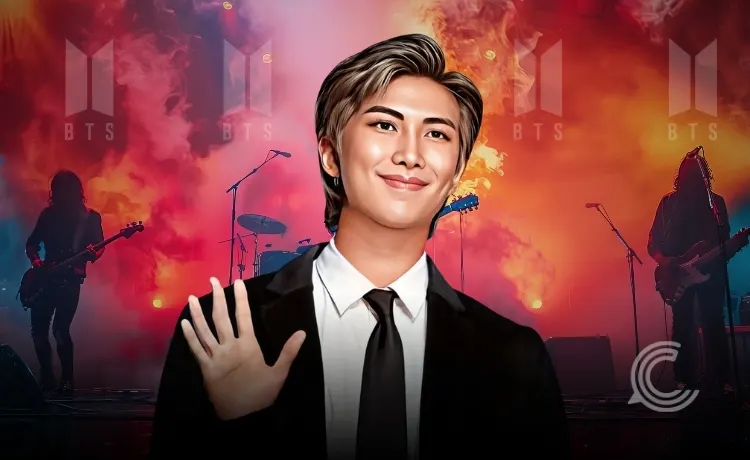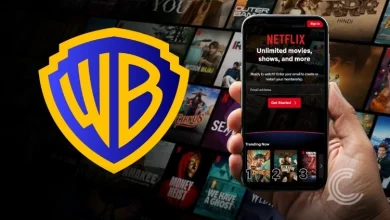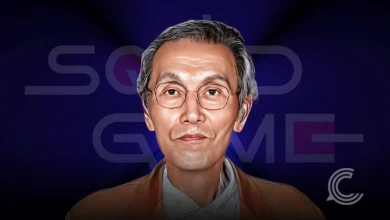BTS’ RM Advocates “Diversity Without Borders” at Asia-Pacific Forum

Key Highlights–
- South Korean boy band BTS rapper RM delivers an inspiring speech at the Asia-Pacific trade forum in Seoul.
- Urges world leaders to embrace diversity and cultural collaboration as creative drivers.
- South Korea positions K-pop and culture as tools of soft power amid global protectionism.
BTS rapper RM seized his high-profile platform at the Asia-Pacific Economic Cooperation (APEC) CEO Summit on Wednesday to champion global unity and cultural exchange.
Addressing influential business and government figures, the 31-year-old rapper delivered a resonant message for a world facing rising protectionist sentiment: the future of innovation lies in eliminating “borders or limitations.”
BTS rapper RM Calls for Cultural Unity and Borderless Creativity
“I am just an artist, I am not a business leader,” RM stated, as reported by Reuters. “When cultural barriers come down and different voices harmonise together, there’s an explosion of creative energy.”
RM positioned the worldwide success of K-Culture as a dynamic and tangible model for the global economy. He argued that the band’s global influence is directly driven by diversity and cultural harmony, demonstrating how creative industries can bridge markets and foster “borderless solidarity.” His keynote speech marked a historic moment, underscoring the growing role of South Korea’s soft power in international economic dialogue.
[FULL SPEECH] RM giving speech at the APEC CEO Summit Korea 2025! pic.twitter.com/xtv7r4Ku84
— BTS Daily⁷ (@btsdaily77) October 29, 2025
RM told delegates that BTS’s international success stemmed from embracing diverse influences and uniting global audiences through music. “This is why K-pop is loved everywhere,” he said, adding that BTS’s ARMY fan base, which spans continents and languages, continues to break down cultural barriers “through the pure power of cultural solidarity.”
K-Pop as South Korea’s Soft Power Engine
The APEC summit in Gyeongju, South Korea, brought together business and political leaders from across the region, including US President Donald Trump and South Korean President Lee Jae Myung, who met earlier in the day to discuss tariffs and trade cooperation.
Also Read | South Korea Bestows Highest Honor on Donald Trump Amid Critical Asia Trade Tour
RM’s address came as part of South Korea’s wider effort to position cultural exports like K-pop, film, and gaming as economic growth engines amid rising global protectionism. President Lee has pledged continued government support for the creative sector, calling cultural innovation “a key pillar of Korea’s economic diplomacy.”
“K-pop’s shiny success is proof that cultural diversity and creativity are the greatest human potential. Of course, no borders, no limitations,” BTS rapper RM said, receiving loud applause from the forum’s delegates.
Bibimbap and the Flow of Culture
In a poetic metaphor, RM compared culture to a river that “flows freely,” and K-pop to bibimbap, a traditional Korean dish that blends ingredients harmoniously while maintaining individual flavour. The comparison, he explained, symbolises how art thrives when it embraces diversity rather than uniformity.
BTS, which recently reunited after all seven members completed their mandatory military service, is preparing for a major comeback in 2026 with a new album and a world tour. The announcement has already sparked global excitement among fans and industry watchers alike, signaling the group’s continued influence on both culture and commerce.
South Korea’s Cultural Ambition in a Shifting Global Economy
South Korea’s strategy to expand its “soft power economy” aligns with its push to diversify away from manufacturing-heavy exports. As trade barriers rise globally, Seoul aims to make culture a diplomatic and economic bridge, a theme echoed in RM’s remarks.
According to analysts, the integration of art, identity, and innovation, which is found in K-pop music, mirrors South Korea’s broader goals: to foster creativity that transcends language and borders, and to use cultural storytelling as a tool of economic resilience.
The BTS rapper RM’s simple but resonant message, “no borders, no limitations,” may well capture the spirit of both BTS and South Korea’s modern vision: a belief that shared creativity can connect markets and minds in an increasingly divided world. He drew a direct parallel between the borderless nature of his group’s global ARMY fanbase and the necessity of free cultural and economic exchange, urging leaders to see the creative industries not just as entertainment, but as a powerful, unifying engine for progress.



